Trauma
Trauma is an emotional response to an event that is deeply frightening or distressing and can affect babies, infants and young children in ways they might not be able to communicate. Find out more.
What is trauma?
Trauma is an emotional response to an event that is deeply frightening or distressing. It happens when a person feels so overwhelmed by difficult emotions - such as fear or anxiety, that their mind can’t make sense of it. These emotions stay with the person and can influence the way they feel in the future. For example, a loud noise might remind someone of a previous frightening experience such as a car crash, causing them to experience it as scarier and more overwhelming than it would normally be.
Acute trauma can occur if a person was exposed to one traumatic event. Chronic trauma can occur when a traumatic experience has continued over a period of time. Complex trauma can occur when someone has experienced many different traumatising events.
Trauma in childhood
Traumatic events in childhood might include, for example, being involved in an accident or natural disaster. Or they could include experiences of abuse and neglect or witnessing violence.
Things that are frightening or traumatising for an adult are likely to be even more traumatising for a child. This is because the young child’s limited experience of the world and their developmental stage means they are not yet fully able to understand what’s happening to them or why.
Having a trusted adult around (ideally an attachment figure) can really help a child cope with frightening events. This is why the experience of abuse or neglect by a caregiver is always traumatising – the child is both traumatised by the abuse, and then again by that trauma being caused by someone they should be able to trust.
The experience of chronic and complex trauma in early life can have a lasting impact on an individual’s development and personality. However, with the right help, young children can be supported to make sense of distressing experiences, and any negative impact of these experiences on their life chances can be reduced.
-
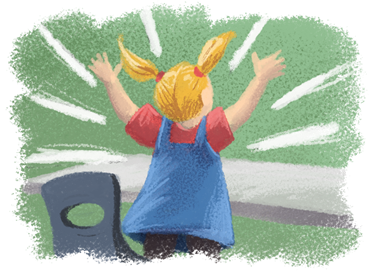
Aggression
A child needs an adult to help them to find ways to understand and express their difficult feelings. If a child feels anger very strongly, but hasn’t yet learnt what it is, it is likely ...
-
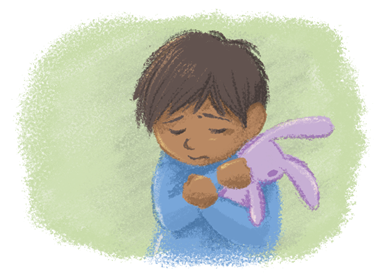
Anxiety
All babies and children from time to time will experience some fear or anxiety. They might do so when they come up against challenging tasks, unfamiliar people (known as stranger anxiety...
-
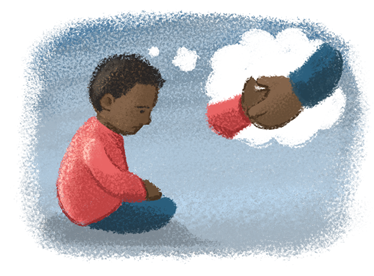
Bereavement
Because babies and young children are very aware of their environment and the emotions of those around them, it’s likely that they will notice if someone is no longer there - or if the a...
-
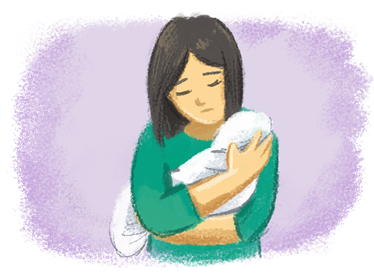
Crying
Babies and young children often cry as a way to communicate their needs and feelings. This is normal and healthy. Find out more on how to deal with crying.
-
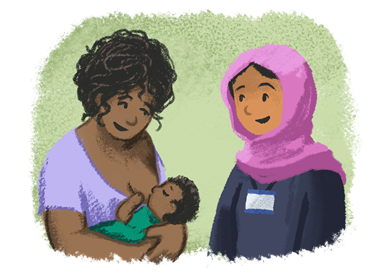
Infant feeding
All babies are different. Advice for childcare workers who support parents and carers with complicated emotions and issues around feeding.
-

Play
A child will use play to help them make sense of the world around them, and also to work through various emotions and experiences.
-
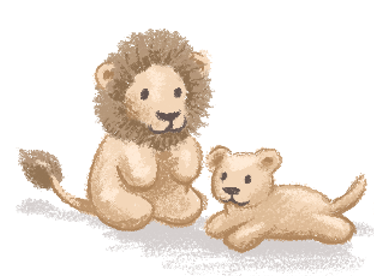
Relationship with the key person in a childcare setting
Advice on key workers or childminders on supporting babies, infants and young children with ensuring nursery and school remains an exciting and enriching experience.
-

Separation anxiety
From around 6 months, babies become anxious and get clingy and cry when their parent or carer leaves them. This is a normal part of development, which young children usually grow out of ...
-
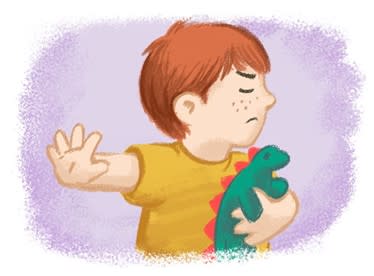
Sharing
Sharing is a really important ‘skill’ for children to acquire. It helps them connect with others and it is an important part of being able to form good social relationships based on coop...
-
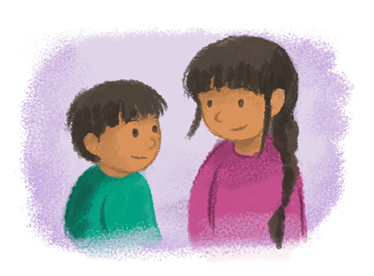
Sibling rivalry
Early years staff can play a crucial role in helping the older child have a sense of being their ‘own little person’ who is still loved and important. Find out more.
-
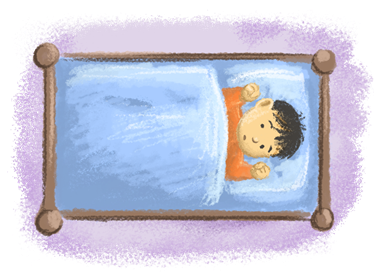
Sleep
As individuals, we all have our own sleep patterns and body rhythms, but when it comes to our ability to fall asleep easily and to stay asleep, our relationships can play a key role.
-

Tantrums
Tantrums happen when a child is feeling overwhelmed by an intense emotion that they aren’t able to process. Letting it all out by having a tantrum is the way they feel able to express ho...
-
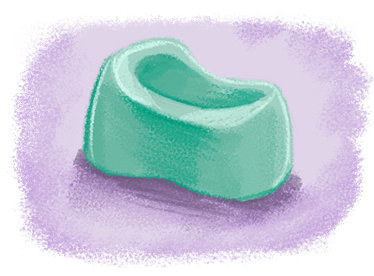
Toileting
In their second year, as toddlers’ bodies develop, they show signs of being ready to be toilet trained. Toddlers learn to recognise more subtle sensations in their anal and urethral area...
-
Trauma
Trauma is an emotional response to an event that is deeply frightening or distressing and can affect babies, infants and young children in ways they might not be able to communicate. Fin...
-
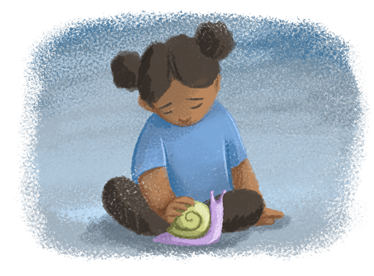
Withdrawn behaviour
Right from birth, babies have an inbuilt instinct to interact with their caregivers. But too much interaction or excitement can be uncomfortable for babies, and they need downtime as wel...
Other early years resources
We have a selection of resources for early years wellbeing including working with babies & young children on digital platforms.